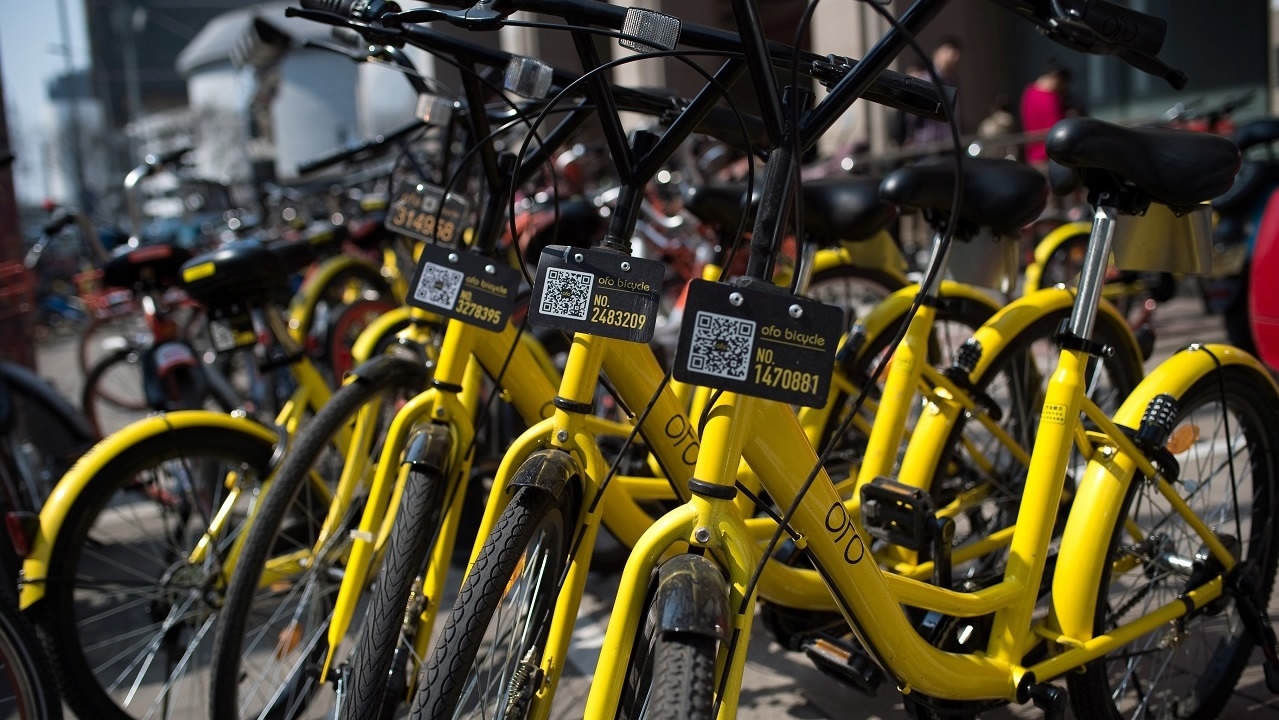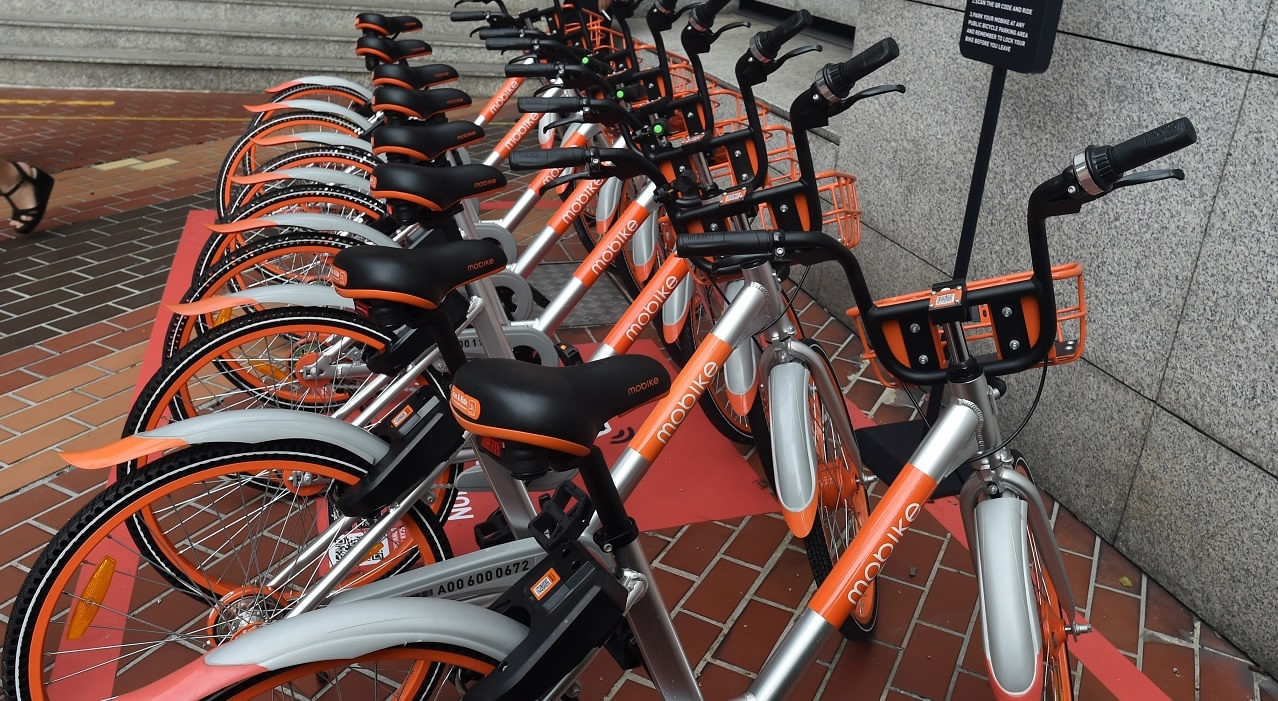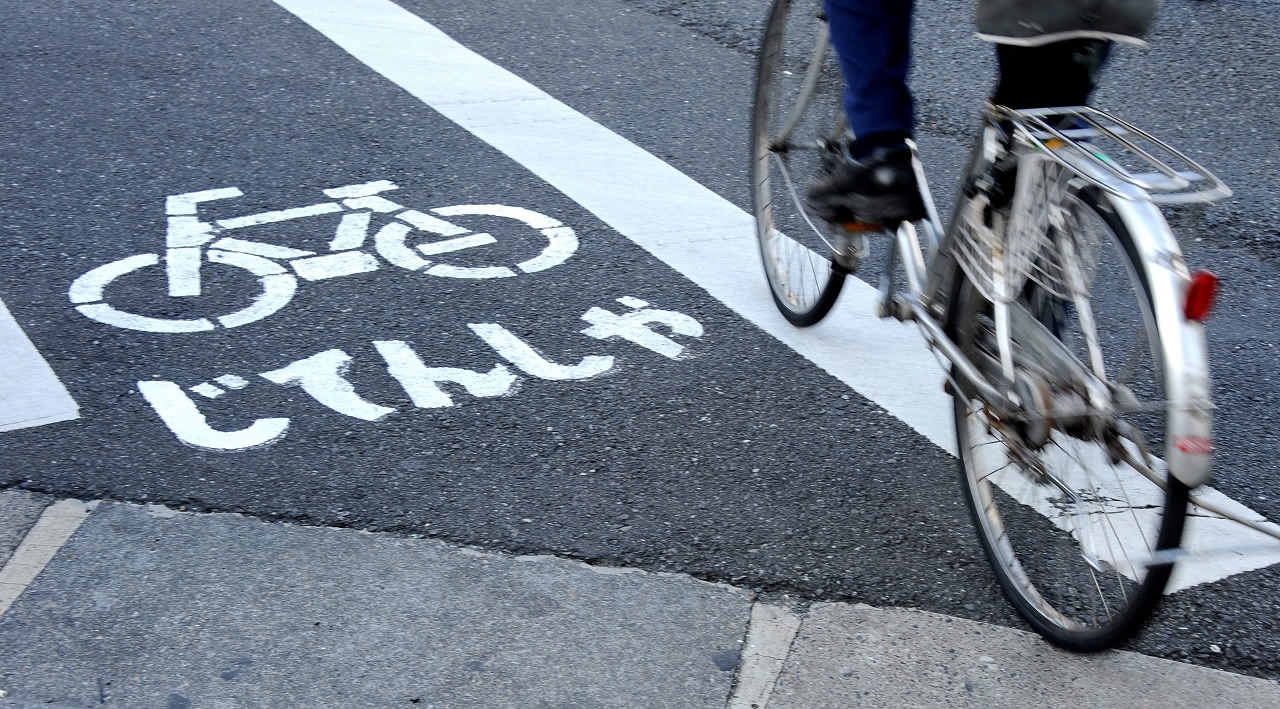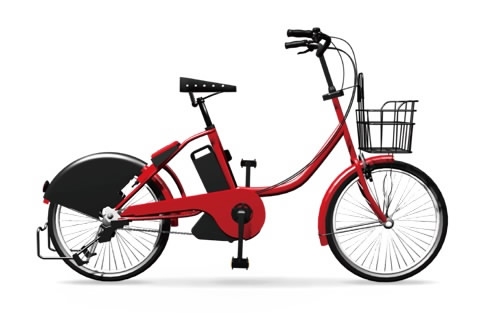
Tech & Sci
22:57, 09-Aug-2017
Chinese bike-sharing company ofo enters Japan, with challenges
CGTN's Guo Meiping

Chinese bike-sharing company ofo and Japanese telecoms firm SoftBank announced on Wednesday that they will collaborate to bring ofo’s dock-less bike rental service to Japan.
According to the agreement, the yellow bikes of ofo are expected to be placed in Tokyo and Osaka in September before a wider expansion in the country.
The system includes a bicycle lock equipped with GPS and a mobile Internet connection, which enable operators to locate rented bikes and users to book them on the Internet.
“Launching in Japan is a huge milestone for ofo,” said Lawrence Cao, head of ofo’s APAC business. “In a country where there is a strong cycling culture, we strive to further improve the convenience and cost-effectiveness that cycling can bring to people in Japan.”

Media have speculated in recent weeks that SoftBank may lead a new round of fundraising for ofo. /AFP Photo
Media have speculated in recent weeks that SoftBank may lead a new round of fundraising for ofo. /AFP Photo
There have been recent media reports speculating that SoftBank may lead a new round of fundraising for ofo, and this is now seen as a prelude to the agreement.
The company with the yellow bikes has been expanding aggressively. It has entered or is reported to be close to entering the UK, Singapore, Thailand, Kazakhstan, Malaysia and now Japan.

Mobike, a dominant bike-sharing company in China, is known for its orange bicycles. /AFP Photo
Mobike, a dominant bike-sharing company in China, is known for its orange bicycles. /AFP Photo
Mobike, another dominant bike-sharing company in China, was one step ahead of ofo in the Japanese market. The company, known for its orange bikes, announced the establishment of a Japanese subsidiary in Fukuoka in June.
Chinese bike-sharing giants’ challenges in Japan
Translating Chinese dominance into success in Japan might not be easy for ofo and Mobike.
It is not a big problem to drop off a bicycle along the wide sidewalks in Chinese cities, but space tends to be more limited on roads in Japan.
“Securing parking space might be the biggest problem,” an official in the city of Fukuoka said after Mobike’s announcement in June.

Space tends to be more limited on roads in Japanese cities. /AFP Photo
Space tends to be more limited on roads in Japanese cities. /AFP Photo
Besides fighting against each other, ofo and Mobike are facing some strong local competitors.
Docomo, the largest mobile phone carrier in Japan, has been teaming up with municipalities in the capital to provide bike-sharing services on an experimental basis.
About 4,200 two-wheelers have been available at 281 stations since March and its bikes were used about 1.8 million times in the fiscal year of 2016, said the company.

The sharing bike of Japan's Docomo /Photo via Docomo
The sharing bike of Japan's Docomo /Photo via Docomo
It seems like Chinese companies in this booming industry may be heavily reliant on their local backers.
According to The Japan Times, ofo’s partner SoftBank started to provide a system last November to help other companies start bike-sharing services.
2104km

SITEMAP
Copyright © 2018 CGTN. Beijing ICP prepared NO.16065310-3
Copyright © 2018 CGTN. Beijing ICP prepared NO.16065310-3